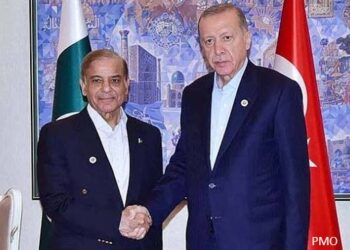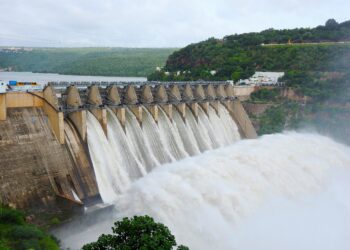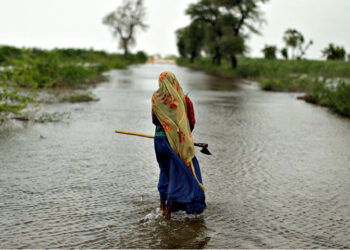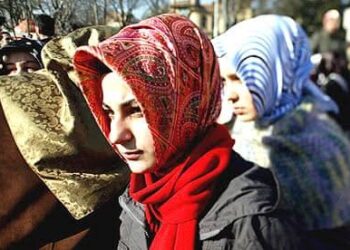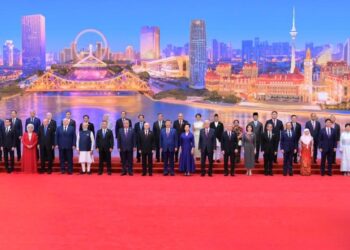As Pakistan enters a new geo-economic era
responsible governance, transparency, and
unity are key to national strength

The morning of August 14, 1947, marked the culmination of the historic struggle of the Muslims of the subcontinent. Independence was not merely a political milestone; it was a pledge to redefine national self-respect, protect ideological identity, and secure a prosperous future.
Now, in 2025, Pakistan stands at a new crossroads. While national aspirations remain intact, shifting geopolitical realities and emerging economic opportunities demand serious, transparent, and people-focused policymaking to ensure genuine progress.
Natural Resources — Promise and Responsibility
In recent years, Pakistan’s mineral wealth — particularly rare earth elements like lithium and antimony — has fueled hopes of economic transformation. Government initiatives such as the Pakistan Minerals Investment Forum (PMIF-25) aim to attract foreign investment and develop value-added industries alongside mining operations.
Projects like Reko Diq, containing some of the world’s largest copper and gold reserves, could yield billions in output and create long-term employment if managed with transparency, environmental responsibility, and equitable revenue sharing.
However, these opportunities also bring risks: foreign interference, political exploitation, corruption, and regional instability. Without strong governance, resource wealth can easily become a national liability.
Energy Discoveries: A Step Toward Self-Reliance
The energy sector in 2024–25 brought new hope with discoveries in Sindh and northern Pakistan, such as Faakir-1 and Tando Allah Yar (Chakar-1). These finds can temporarily reduce dependence on imports, a critical need given that oil remained Pakistan’s largest import item in 2025, costing approximately $11.3 billion — nearly 20% of the total import bill.
If managed through coherent energy policy and investment in local infrastructure, these discoveries could become a stepping stone toward long-term energy independence.

The Complex Economic Reality
Resource wealth does not automatically guarantee national prosperity. To maximize benefits, Pakistan must ensure:
- Transparent laws and equitable revenue sharing across federal, provincial, and local levels.
- Environmental and social protections to safeguard communities and ecosystems.
- Local industrial capacity to produce value-added products instead of exporting raw materials.
- Security and stability in resource-rich regions to encourage investment.
The Reko Diq experience shows that large-scale projects can succeed when political stability, local engagement, and investor confidence align.
Key Threats to Progress
1. Foreign Propaganda and Reputation Risks
Allegations regarding human rights or religious freedom can harm Pakistan’s international standing. Proactive diplomacy, evidence-based investigations, and transparent legal processes are vital to counter misinformation.
2. Preserving Social Values
Concerns over the erosion of traditional values must be addressed through education, awareness, and policies rooted in Islamic social principles, promoting harmony without intolerance.
3. Corruption and Resource Mafias
Embezzlement and resource theft undermine economic opportunities. Strict accountability, legal reforms, and digital transparency tools are essential to prevent losses.
4. Security in Resource-Rich Areas
Projects in Balochistan and other sensitive regions face resistance and security threats. Both government and investors must ensure local benefit while protecting against militancy.
Actionable Recommendations for a Stronger Future
- National Mineral Governance Framework — A unified policy ensuring revenue sharing, environmental regulation, and community employment targets.
- Inclusive Development Models — Community participation in decision-making through referendums or joint boards.
- Transparency and Accountability — Public portals for contracts, licenses, and revenue data to build trust.
- Domestic Industrial Policy — Incentives for local value addition instead of raw exports.
- Legal and Social Safeguards — Protection of rights alongside fair enforcement of laws against hate speech and exploitation.
- Security–Environment Balance — Coordinated anti-narcotics, counter-terrorism, and environmental protection measures for large projects.
Media, Truth, and the National Narrative
A strong nation safeguards both its resources and identity. The media must promote factual reporting, raise awareness, and counter foreign propaganda with evidence-based journalism. Responsible coverage can unite the public behind national goals and deter divisive narratives.
A Call to National Unity
August 14 is a reminder of sacrifice, resilience, and purpose. In 2025, Pakistan’s mineral and energy potential offers a golden opportunity — but only if the country remains united, transparent, and committed to the rule of law.
By addressing internal weaknesses, resisting external pressures, and pursuing inclusive growth, Pakistan can honor the dreams of its founders and secure a prosperous future for generations to come.
May Allah bless Pakistan with prosperity, security, and stability, and grant us the wisdom to elevate our homeland to the heights envisioned in 1947.

